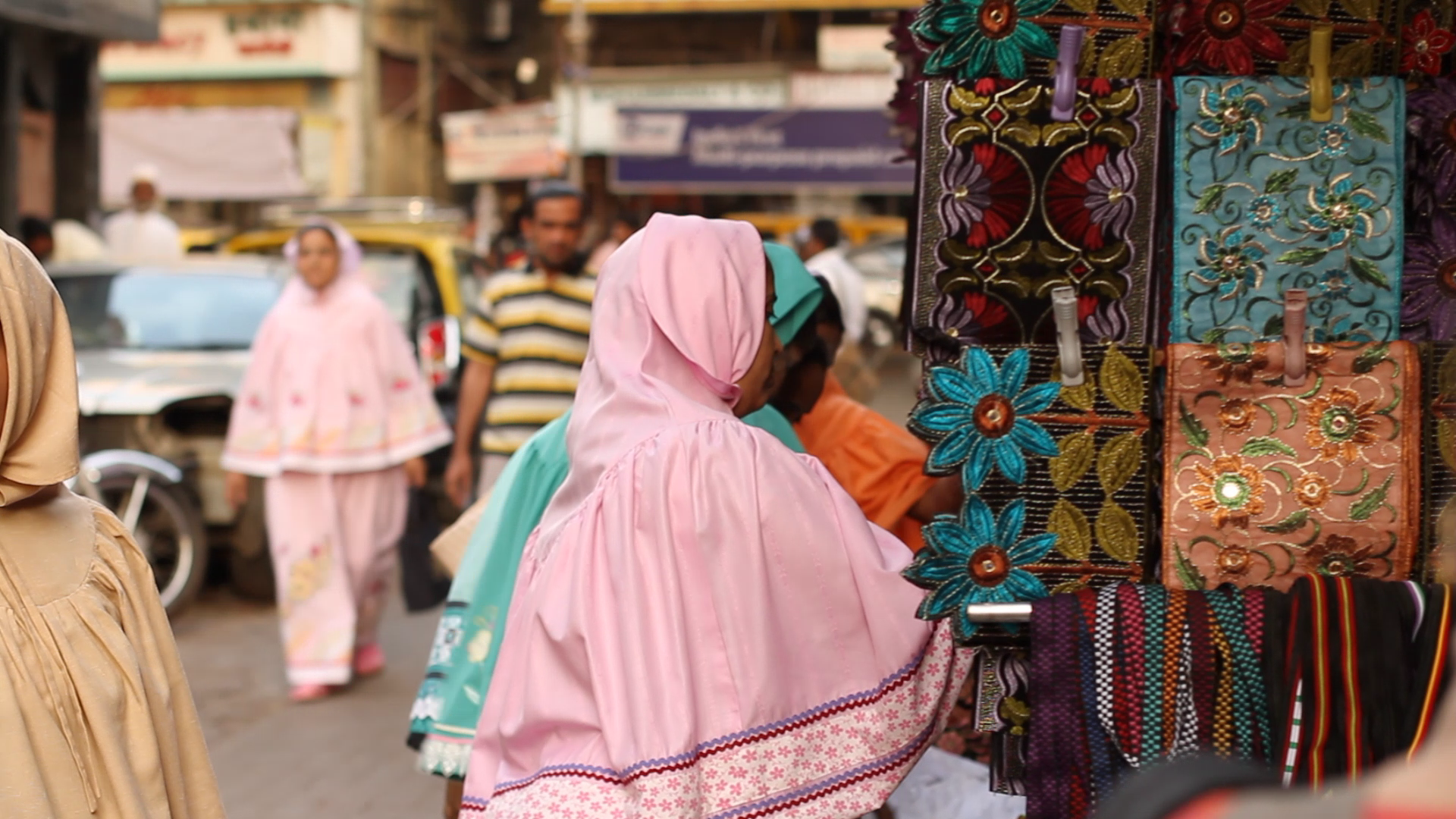By Farzana Esmaeel
Country of Residence: United Arab Emirates
Trust and fear are two emotions that have an interesting correlation to input and output of human behavior. One emotion, trust, establishes safety and comfort for individuals whilst the other, fear, displaces the very premise of safety and comfort. At the age of 7, you don’t articulate emotions; you feel them. And your mother is your beacon of trust. She loves you, comforts you, cares for you and sacrifices for you. Then, when trust is removed, it’s only natural to feel extreme pain and deceit at her hands the most.
My sister and I were taken to a dilapidated, dimly lit building at the far end of the city on the pretext that we were going to meet an aunt for a check-up. At the tender age of 7 when mum tells you we are going for a check up you don’t appreciate entirely its meaning, and at the time it meant to me that we were going to see a doctor.
What followed was unprecedented, and a memory that will be etched in our minds forever. Sadly.
The pain was too much to bear as 30 years ago, female genital mutilation (FGM) in the Dawoodi Bohra community was generally more practiced under callous and less “sterile” ways. (Yet, even today, when it is practiced by licensed white coat doctors under more hygienic conditions, it doesn’t make the practice correct.) The overarching feeling I took after my experience 30 years ago was deceit.
My mother is a simple, non-confrontational, less informed person, who at the time of my sister and my cutting, played into the hands of a community (mindset) that propagates fear: fear of being ‘ostracized’ for not having FGM done, fear of her daughters being ‘impure’, fear of standing up against cultural norms and practices. Though today, this same woman hasn’t once told either of her daughters to carry out this inhumane practice on her granddaughters. She now understands the pain and futility of it all.
FGM is a practice entrenched with ‘fear,’ stripping human ‘trust,’ and inculcating in young girls early on to be apologetic about their sexuality and their desires. It is on us to be the change. We must question this violation of human rights and ensure that we raise our voices against this harmful practice, not just for our daughters, but the many more daughters all around us.

